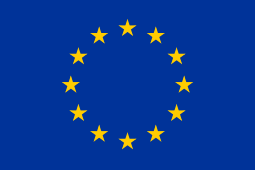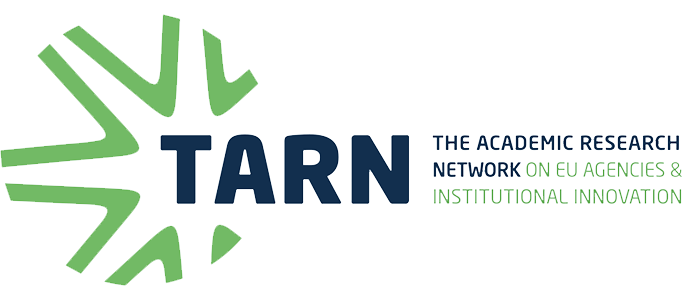Latest blog articles
-
The European Union (EU) and Turkey have a long and multifaceted relationship. In this entry (based on a recent longer analysis) we focus on Turkey’s involvement with the EU’s decentralised agencies, and more particularly on whether and to what extent this involvement can be viewed as a part of a...
-
The Boards of Appeal established for the decision-making agencies perform a function that lies between exercising administrative review, at the one end, and offering judicial review, at the other. It is still unclear in which direction they will ultimately move, and more research in this fast...
-
On the 9th of February, the Dutch Supreme Court ruled that forcing suspects to provide access to their smartphone with a fingerprint is not a breach of the privilege against self-incrimination. The case originated from an ex officio appeal ‘in the interest of the law’ in a case of the Court of North...
-
In a recent judgment, the CJEU determined that the geographical indication Aceto Balsamico di Modena is only protected as a whole. This means that the non-geographical components ‘Aceto’ and ‘Balsamico’ are not protected individually.
-
Only 10 out of the 24 official EU language translations correctly transpose Article 17 of the Directive (EU) 2019/790 on copyright and related rights in the Digital Single Market. These apparent errors mandate urgent action by the European Commission and the EU Member States.
-
The European Union Intellectual Property Office (EUIPO), just like many other IP offices in the world, has recently seen an incredible spike in Covid-19 related Trade Mark applications. This blog presents EUIPO’s approach in examining trade mark filings that relate directly or indirectly to, or in...
-
by Trym Nohr Fjørtoft
In 2015, many European states experienced a massive influx of migrants and refugees seeking protection within their borders. The European Refugee crisis was a crisis in many respects—first and foremost for the people forced to flee their homes, but also for the institution... -
EU agencies are now at the forefront of policy implementation in EU’s migration, asylum and external border control policies for two primary reasons: to overcome the policy implementation gap and enhance interstate solidarity.
-
The very recent ruling of the CJEU in DK (C-653/19 PPU, 28 November 2019) came to verify two quite depressing suspicions about the current status of European criminal law. First, Directive 2016/343 on the presumption of innocence remains an instrument with staggeringly limited applicability...
-
National laws or ‘legal traditions’ are not the main obstacle to realising the ideal of ‘effective legal assistance’ embedded in the EU procedural rights’ Directives. The resistance to realising this ideal originates mainly from the professional cultures of relevant actors, including criminal...









